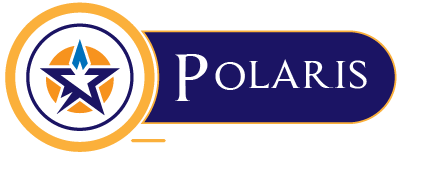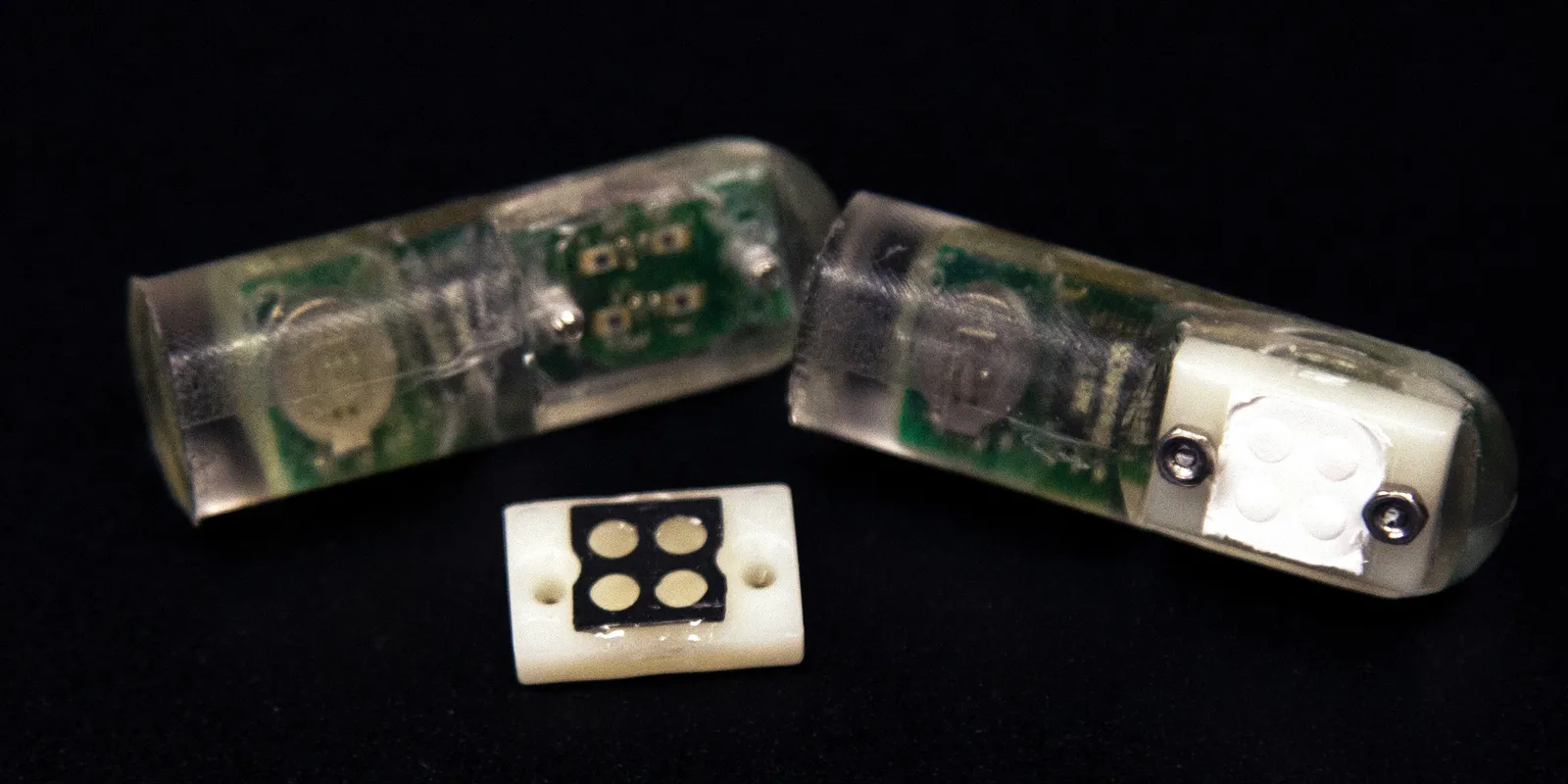Introduction
Advancements in technology continue to transform the healthcare industry, and one such innovation that is garnering attention is the development of ingestible sensors. These tiny, ingestible devices are revolutionizing patient care and providing healthcare professionals with valuable insights into the human body. In this blog post, we delve into the Ingestible Sensors Market, examining its growth potential, key players, and the remarkable impact it has on healthcare.
Understanding Ingestible Sensors
Ingestible sensors are small electronic devices designed to be swallowed, allowing them to monitor various physiological parameters from within the human body. These sensors are typically enclosed in a pill or capsule and can measure factors such as temperature, pH levels, pressure, and even specific biomarkers. This non-invasive approach to monitoring provides healthcare professionals with real-time data that can aid in the diagnosis and treatment of numerous medical conditions.
Market Growth and Potential
The ingestible sensors market has witnessed significant growth in recent years and is projected to continue its upward trajectory. According to a report by Polaris Market Research, the market is expected to reach a value of USD 2,256.57 million by 2023, growing at a CAGR of 10.7% during the forecast period. Factors such as the rising prevalence of chronic diseases, increasing emphasis on personalized medicine, and advancements in sensor technology are driving this growth.
Key Applications in Healthcare
- Gastrointestinal Disorders: Ingestible sensors play a vital role in the diagnosis and treatment of gastrointestinal disorders. They enable healthcare professionals to monitor pH levels, motility, and temperature within the digestive system, providing valuable insights into conditions like acid reflux, Crohn’s disease, and irritable bowel syndrome.
- Drug Delivery Monitoring: Ingestible sensors offer a unique solution for monitoring medication adherence and effectiveness. They can track the release and absorption of drugs in real-time, helping healthcare providers optimize treatment plans and enhance patient outcomes.
- Sports and Fitness: Athletes and fitness enthusiasts can benefit from ingestible sensors to monitor hydration levels, core body temperature, and other vital signs during training or competitions. This data helps prevent overexertion and aids in optimizing performance and recovery.
Key Players in the Market
Several key players are actively involved in driving innovation and development within the ingestible sensors market. Companies such as Proteus Digital Health, Inc., Medtronic plc, and Microchips Biotech, Inc. are leading the way with their groundbreaking ingestible sensor technologies. These players are collaborating with healthcare providers and pharmaceutical companies to harness the potential of ingestible sensors across various medical fields.
Future Implications
The future of ingestible sensors holds immense promise for healthcare. With ongoing advancements in technology, these sensors are expected to become even smaller, more affordable, and capable of monitoring a wider range of physiological parameters. This could enable early detection of diseases, improved treatment efficacy, and personalized healthcare interventions. Moreover, ingestible sensors have the potential to reduce healthcare costs by enabling remote patient monitoring and reducing the need for invasive procedures.
To sum up
The ingestible sensors market represents a significant breakthrough in healthcare, offering a non-invasive and real-time approach to monitoring vital health parameters. With its applications in diagnosing gastrointestinal disorders, drug delivery monitoring, and sports and fitness, ingestible sensors are poised to transform the way we approach patient care. As technology continues to evolve, the future holds immense potential for further advancements in this exciting field, revolutionizing healthcare and improving patient outcomes.

